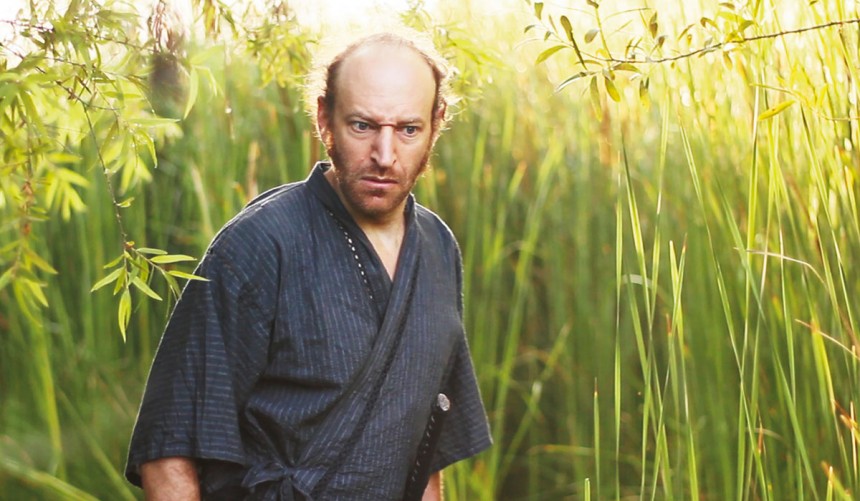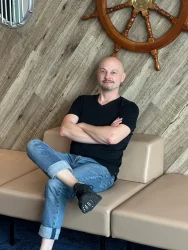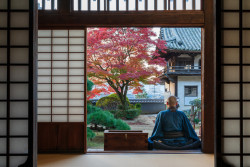
Metropolis tracked down Ken Tanaka, the Caucasian-Japanese star of numerous YouTube shorts parodying Asian stereotypes.
Tanaka says he was adopted by Japanese parents in the ’70s, and was only recently reunited with his long-lost twin brother, Californian actor/comedian David Ury. Despite their side-by-side appearances in videos seen by thousands, some still suspect they’re—ahem—the same person.
Why did your Japanese parents decide to adopt a Caucasian American?
In the mid-’70s, Japan had a big booming economy and it was popular for Japanese families to adopt American babies. Kind of like how American celebrities such as Madonna and Angelina Jolie adopt babies from other countries.
What was it like growing up as a white Japanese person in rural Shimane?
I lived in a very small village high in the mountains with a population of under one hundred people. Everybody had known me since I was a baby, so nobody treated me any differently than any other boy in my town.
How is your search for your birth parents going?
It is a difficult journey, but I will never give up.
What inspired you to begin making videos?
I met a person when I first came to Los Angeles who suggested that YouTube would be a great way for me to share my story. I had never heard of YouTube before and I had never made a video. But my friend had a camera; he showed me how to work it and how to upload videos. It’s been seven years now since my first video.
Tell us why Asian stereotypes make your videos funny.
You’re probably referring to our videos, “What Kind of Asian Are You?,” “But We’re Speaking Japanese,” and “Asian Stereotype Police.” These are all videos that question assumptions about race and identity. When we write these comedy sketches, we look for common but absurd situations that we think people will be able to identify with.
How does the response to your videos about Asian stereotypes differ in the West and Asia?
For “What Kind of Asian Are You?” we got a lot of comments from Caucasian people who were sure this could never happen in real life—and then a lot of comments from Asian people who said they experienced this kind of situation often. I think people in the West generally are more sensitive about these kinds of comedy videos.
What do you have in mind for your next video?
We just released a new video where David and I discuss Japanese jokes and David tells some jokes that I have heard from many Japanese language learners.
Tell us about your new book.
Earlier this year, my brother and I collaborated on a new book called Everybody Dies: A Children’s Book for Grown-Ups. It’s an illustrated picture book that can help grown-ups cope with the inevitable fate that awaits us all. It includes fun activities like “match the corpse to the cause of death” and a last will and testament that you can fill out. It’s fun for the whole family.
More information on Ken Tanaka, his work and his books can be found at www.kentanakalovesyou.com







